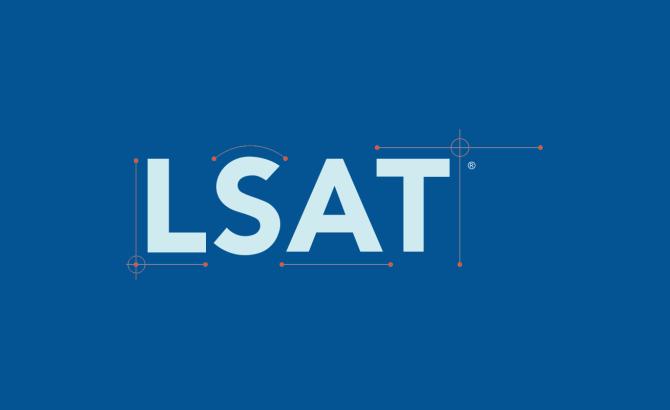Susan L. Krinsky is executive vice president for operations and chief of staff at LSAC. Before joining LSAC in 2018, Krinsky was associate dean for student affairs and communications at the University of Maryland Francis King Carey School of Law in Baltimore, where she was responsible for admission, student affairs, registration and enrollment, career development, and communications. Prior to that, she was associate dean at Tulane University Law School, handling admission, financial aid, career development, and communications. Krinsky earned her undergraduate degree from Kirkland College (now Hamilton College) in Clinton, New York; her master’s degree in health systems and hospital administration from Tulane; and her JD from Yale Law School. She practiced law in Washington, D.C., prior to joining the administration at Tulane. Her service to LSAC began in 1984. Serving on every standing committee and on numerous subcommittees, panels, and work groups, she also chaired the Annual Meeting and Educational Conference Planning Work Group, the Services and Programs Committee, and the Test Development and Research Committee before becoming Chair of LSAC’s Board of Trustees. She also served as interim president and CEO from July 1, 2024 to June 30, 2025.
LSAC is committed to ensuring that the LSAT provides a fair, valid, and reliable assessment that can be used as an important component of the holistic admission process for schools and applicants.
Every year in mid-December, the ABA releases a trove of data about our nation’s law schools. Here are some key takeaways from this year’s certified data.
LSAC's interactive volume summaries have been updated to include data on the 2025 law school admission cycle.
Because this was the first LSAT without an Analytical Reasoning section, you may be wondering whether there was any impact on scores. The short answer is no. By every measure, the August 2024 scores are squarely within normal ranges.
We are innovating to provide a new writing assessment that responds to the evolving needs of the legal profession.
With the changes coming to the LSAT starting in August, updated test preparation materials are now available in LSAC’s LawHub, designed to support test takers planning to test in August or later.
The existing LSAT format will continue through the June 2024 test, then the August 2024 test will feature two Logical Reasoning sections and one Reading Comprehension section. Read about the transition to the new format.
Every fall, LSAC publishes an interactive website that serves as a resource for schools, prelaw advisors, students, and many others who are interested in understanding the current admission cycle.
Key takeaways from the ABA Standard 509 data on the 2022 law school entering class — the most diverse class in history.
With the release of November LSAT scores, LSAC’s Susan Krinsky provides an update on the latest applicant volume data.











